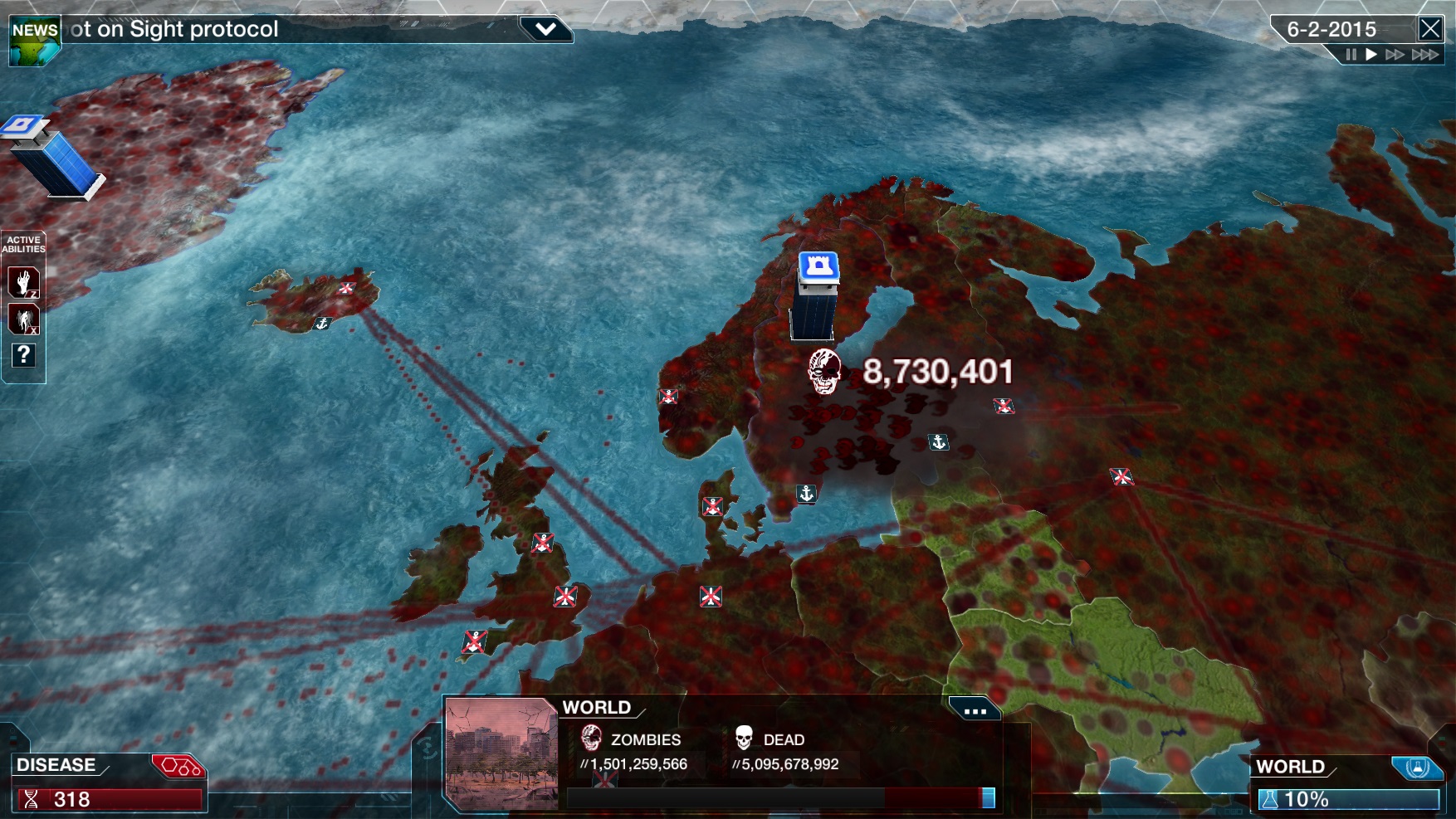As we find ourselves in the middle of a world-wide pandemic caused by the coronavirus (COVID-19), it’s important to review the most effective ways to combat its spread. Nothing should be more important than your health, safety, and the need to protect those most vulnerable to the coronavirus. If you are reading this, we ask you to consider video games as one of your defenses against the coronavirus. How would this even work? Let’s visit some of the ways video games can strengthen our defense:
Video games can promote social-distancing by incentivizing people with an activity they can enjoy while in isolation. Even though you may not be the most at risk, practicing social distancing can reduce the overall spread of the virus outbreak. According to the New York Times, social distancing is the act of minimizing contact with people. This includes avoiding public transportation whenever possible, limiting non-essential travel, working from home, skipping social gatherings, and not going to crowded bars or sporting arenas. While the overall amount of time we need to “social distance” ourselves is still unclear, the overall disruption and associated stress caused by it can be alleviated with the help of video games.
It is no secret that gamers can spend hours playing a video game that they enjoy. Forbes reports, using data from Limelight Networks, that the average gamer spends 7 hours and 7 minutes each week playing video games. While that number does not immediately strike you as being high, there is a lot more that needs to be considered. The time of 7 hours and 7 minutes averages out to be about an hour a day for the typical gamer, in an environment that does not require social distancing. Today’s public mandate to social distance yourself from your peers will inconsequently provide gamers with more time to play video games, which could bring the per day average up to 2 or more hours. In a world where there are 2.6 billion gamers (according to Statistica), if each gamer stayed true to the above statistic, there could be a lot more social distancing that would positively combat the spread of coronavirus. Worried about how this increased time can affect gamers? There are also plenty of studies that show gaming can lead to positive outcomes.
A video game was able to raise initial awareness for COVID-19 and was praised by the CDC. Earlier this year, Plague Inc. saw their simulation strategy game rise to the top of app store charts and become so popular that it crashed their own website. The game involved a user creating and evolving a pathogen to destroy the human population while countering the efforts of governments to contain it. It is no coincidence that its surge in popularity coincides with the rise of the coronavirus. Due to the game’s underlying mechanics and public health themes, the Centers for Disease Control and Prevention (CDC) publicly praised it for raising public awareness. In particular, the CDC was interested in the game as “a tool to teach the public about outbreaks and disease transmission.”

Video games can raise morale and help combat a feeling of loneliness when socially distancing yourself. As humans, it is only natural to want to seek each other out during times of uncertainty, or when given a mandate to “socially distance” ourselves from one another. However, it is important to remember that “social distancing” does not equate “social isolation” Technology, like video games, can provide a helping hand in keeping us connected in situations like this. With the rise of online gameplay, gamers can connect and play just about any game with just about anyone across the globe from the comfort of their own home. Using microphones, cameras and headsets, gamers can also visually and verbally communicate with each other as if they are sitting in the same room, next to each other. If one is worried about the stigma that comes with playing video games, rest assure that even top athletes (e.g. Donovan Mitchell) are doing this while in isolation.
Even without playing online, video games provide a chance for gamers to tune out the stresses of everyday life and decompress. For gamers, video games help soothe by creating an avenue to take their mind off all stressful thoughts. Video games are jammed packed with hours of storylines and game modes that can positively entertain an individual gamer. This is important to note because, according to Harvard University, studies have found that positive emotions can help make life longer and healthier because happiness has been found to boost the immune system. Constant stress can negatively affect the immune system (e.g. programs of gene expression), which ultimately shapes our ability to fight viruses.
Let’s do our best as a community. If you take anything from this article, let it be the following. It is clear to see the role that video games can play in our fight against the spread of COVID-19. Please consider playing video games in the comfort of your own home to do your part in combating COVID-19. Not only will it be fun, but you will be doing the public a great service in our collective mission to combat COVID-19.
